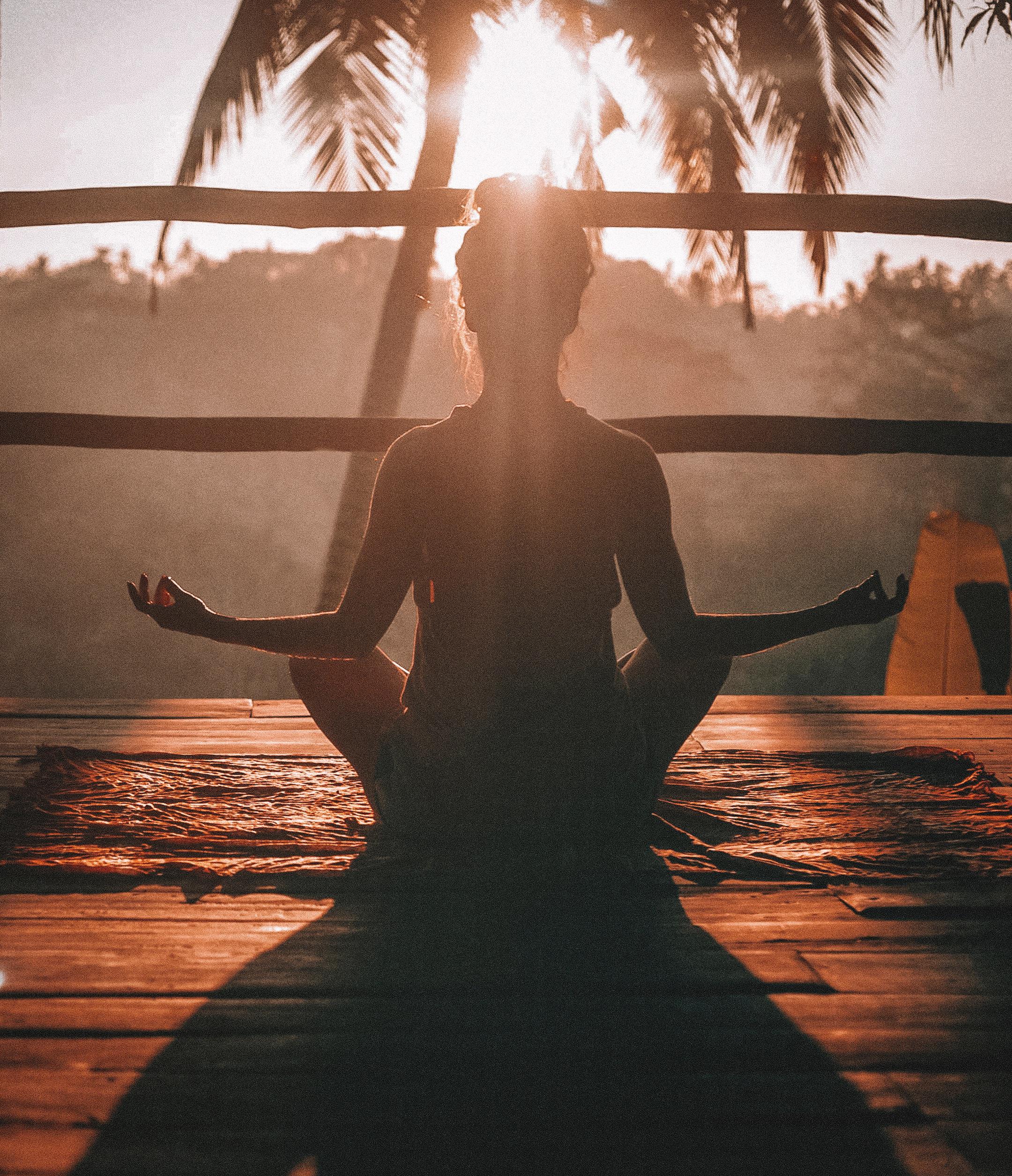
If you have a therapist or read about mental health, I am sure by now you have heard the term “Mindfulness”. There are so many workshops for therapists and clients to learn how to be mindful and there are even more ways you can practice mindfulness. When Suzanne Presley and I are not working for Morning Star Counseling, one of our other tasks is to provide mindfulness trainings for staff and students in schools as school psychologists. I want to explain more about mindfulness, how it can help you, and how you can practice it.
John Kabat Zinn is the pioneer and probably the founding father of the mindfulness movement in the United States and the research that supports the benefits of this practice. He defined mindfulness as “The awareness that arises from paying attention, on purpose, in the present moment and non-judgmentally” (Kabat-Zinn, in Purser, 2015).
Now I am going to humbly give you my way of understanding mindfulness. To me, mindfulness is making a conscious effort to stay in and feel the current moment without bringing in information from the past or considering the possibilities that the future may bring. Sometimes the current moment is positive or negative but being mindful is about observing deeply what is presently happening in your world without judging yourself or whatever is going on in your environment. When you are mindful, you are accepting what is currently happening without analyzing it. You are paying close attention to what you can observe.
The life us modern humans live does not match how our brains were designed. Humans were never designed to stress about carpooling, traffic jams, mortgage payments, and what we should do if we can’t find a phone charger. Our modern world is filled with flashy distractions that we see on social media, television, and the internet. We are constantly running from one meeting or social obligation to the next. We worry about what happened yesterday and what tomorrow may bring. Rarely are we engaged and attentive to what is actually happening right now. What does this mean? We miss so much of what is going on today, and the days and all that we miss start to add up fast.
I like to think this is the unfortunate consequence of living in 2020, the structure of our society breeds anxiety, stress, and insecurities. We really have to fight against being sucked into that hectic fast pace life. Sometimes the hardest thing to do when you are juggling work, family, friends, and bills is to slow down and take a breath. We all need to slow down and take a breath. Why not stop whatever you are doing, and take a deep breath right now! That was nice, wasn’t it?
I think it is also important to explain what mindfulness isn’t. Mindfulness is not a faith based practice and is not a religion. Mindfulness can be a form of meditation. Most major religions promote elements of mindfulness and meditation. You can be Christian, Jewish, Muslim, Buddhist, or Atheist and practice mindfulness. Think about mindfulness as an exercise for your brain, not your soul.
So what are the benefits of this mindfulness stuff? According to positivepsychology.com research has found that practicing mindfulness can:
- Decrease stress and psychological distress
- Improve mental health
- Increase emotional regulation and self-control
- Decrease anxiety, depression, worry, and obsessive thoughts
- Reduce problem drinking behavior
- Enhance academic achievement
- Improve focus and attention
- Improve social and relational skills
- Reduce aggression
- Reduce symptoms of burnout
- Decrease turnover at work
- Enhance job performance
- Increase ability to cope with bullying
- Improve resiliency
So how can you practice mindfulness? One of the recommendations that I give my clients is to start out small and to use their senses. Next time you are on a walk pick a sense, let’s try an example with hearing. Pay attention to all of the sounds that you hear, if any other thoughts come to mind just push them aside and focus on your hearing and the sounds in the environment. At first, it is hard to keep thoughts from popping up in your mind and they will show up and that’s okay, just bring your focus back to the sounds in your environment.
Taking slow deep breaths is another mindfulness exercise. As you breathe in slowly and deeply through your nose and out through your mouth pay attention to how your breath feels as it moves through your body. Again, just push any thoughts that come to mind aside and bring your focus back to your breath and how it feels to breathe in through your nose and out through your mouth.
Another idea is to observe something visually. Take a few moments to look at something on your desk. Maybe a flower? Identify all the colors and forms of the petals. How many different shades do you see? How would you describe that flower to someone? Only focus on the flower that you see on your desk.
Like these ideas? A quick Google search on Mindfulness exercises will give you tons more! Mindfulness is a practice and you will see so many benefits if you engage in mindful activities each day. Start small, maybe try to devote just 5 minutes to your mindfulness practice daily and slowly build it up.
We have so many beautiful and inspirational moments to our days. Unfortunately, we often miss special instants because we are running on autopilot and worrying about stuff we can’t do much about. Taking time to be present helps us to fully enjoy and recognize all the moments of our day. Being mindful helps you to appreciate the little things in life. It also helps you to feel calm and at peace. Being mindful helps us to slow down our mind and take control of the only thing we can, NOW.
How about you try one more deep breath again?